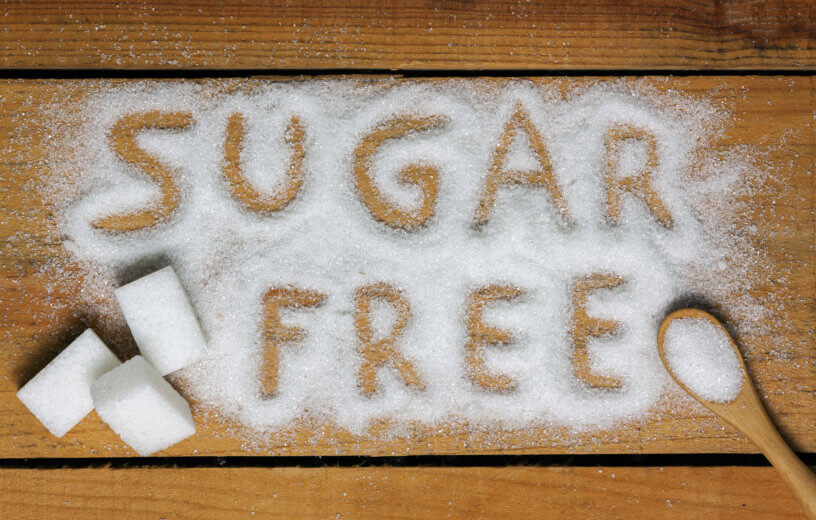ADELAIDE, Australia — In recent decades, low-calorie sugar-free sweetening alternatives like Splenda have risen in both popularity and use. These artificial sweeteners are marketed as a healthy, less-fattening option for people looking to cut down on sugar consumption without sacrificing some sweet taste. Now, an unsettling new study conducted at the University of South Australia finds that the growing use of these products may be contributing to more type 2 diabetes diagnoses.
Furthermore, the research team say that people who use such products are actually more likely to put on extra weight, which is the exact opposite of what most people expect when they opt to use some in their coffee, tea, etc.
These findings, led by professor Peter Clifton, are also in direct contrast to a number of controlled clinical trails that had concluded artificial sweeteners can help with weight loss. According to professor Clifton, there has been an incredible 200% increase in low-calorie sweetener (LCS) use over the past 20 years among children, and a 54% increase among adults within the same time frame.
After examining data on 5,158 American adults over a period of seven years, researchers discovered that those who frequently consumed low-calorie sweeteners actually gained more weight than adults who stayed away from such products.
“Consumers of artificial sweeteners do not reduce their overall intake of sugar. They use both sugar and low-calorie sweeteners and may psychologically feel they can indulge in their favorite foods,” professor Clifton explains in a release. “Artificial sweeteners also change the gut bacteria which may lead to weight gain and risk of type 2 diabetes,”
Weight gain and diabetes aren’t the only adverse health outcomes linked to artificial sweeteners. Prior research has noted that the consumption of artificially sweetened beverages (drinks flavored with LCS products) raises risk of death, cardiovascular disease, dementia, and stroke in older adults. As of now, modern scientists are still unsure at to exactly why these products have this effect.
Professor Clifton also pointed out that his team reviewed 13 separate studies on the influence of artificially sweetened beverages on type 2 diabetes risk. Not a single study found such beverages to have a beneficial effect in avoiding diabetes, as all 13 either found no influence at all, or that the beverages actually upped one’s chance of developing type 2 diabetes. One of the studies concluded that simply drinking real sugar-sweetened beverages instead of artificially-sweetened beverages leads to a 5-7% lower risk of type 2 diabetes.
“A better option than low-calorie sweeteners is to stick to a healthy diet, which includes plenty of whole grains, dairy, seafood, legumes, vegetables and fruits and plain water,” Prof Clifton concludes.
The study is published in the scientific journal Current Atherosclerosis Reports.
